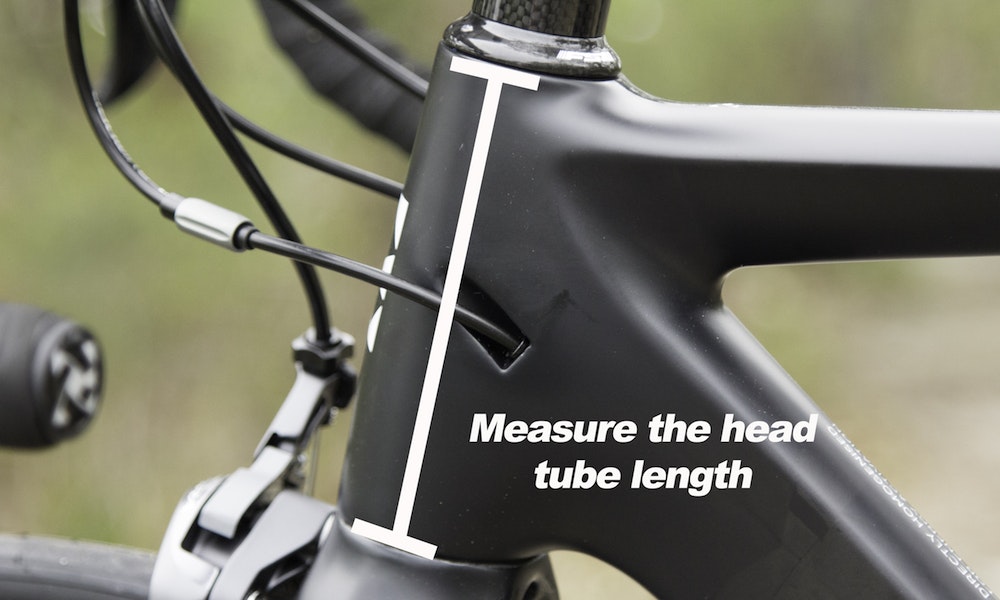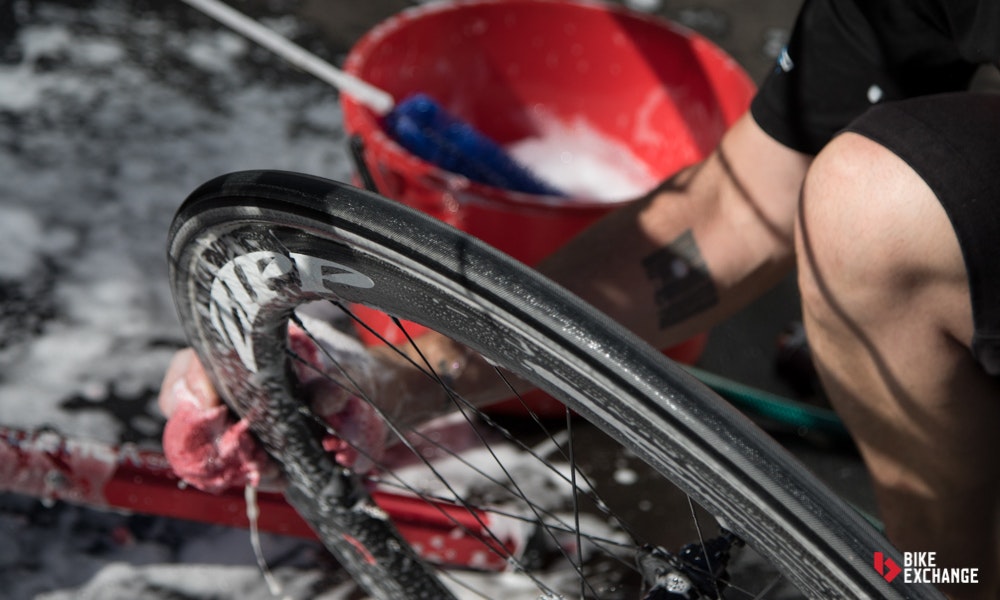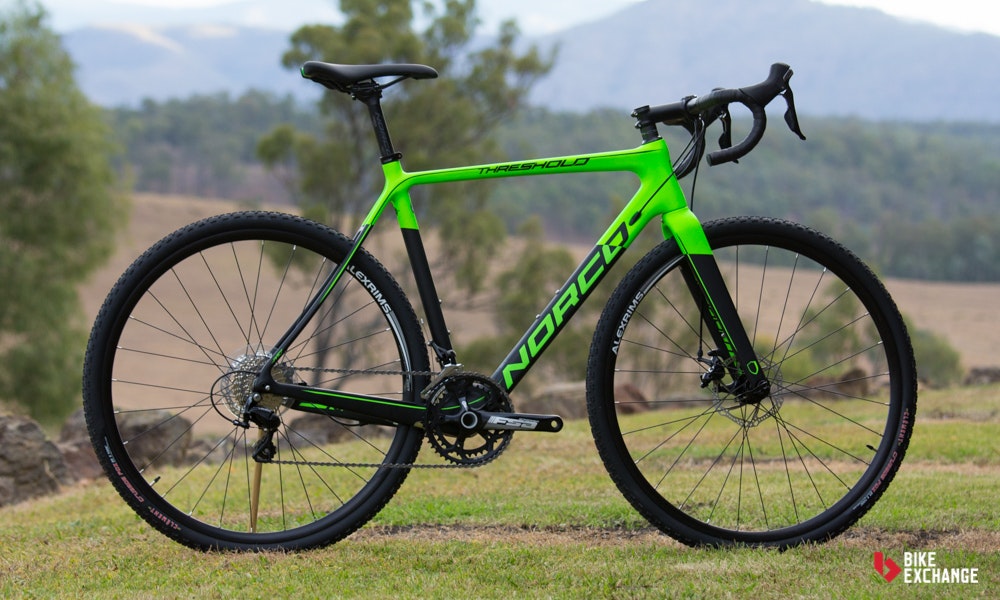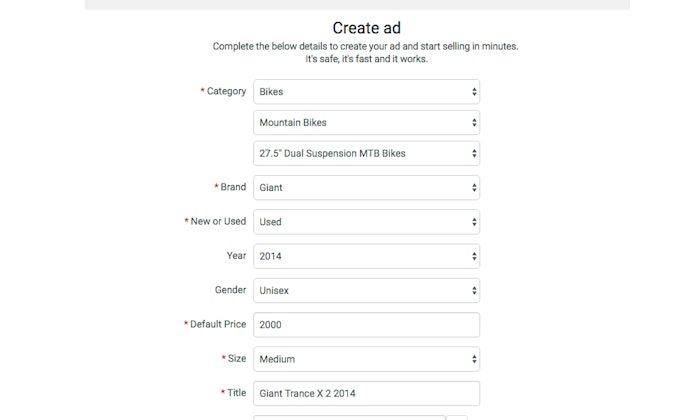As an online marketplace for both new and used bikes, we’re here to help you easily sell your bike. However, before you jump in seeking eager buyers, we have a few tips to help maximize your chances and perhaps make a little extra cash too.
Understanding what you’re selling
Before you get started, it’s important to do some basic research and learn what it is that you’re selling. Knowing the brand, model, product year and frame size are all crucial pieces of information that buyers will seek.
The bike should have the brand detailed on it clearly, with the model name usually appearing on the frame’s top tube. Using Google images can be a good way to help narrow down exactly what year your bike was from.
Learn what the bike sold for as new and what comparable bikes are being sold for used. As a general rule of thumb, a well-kept and maintained modern bicycle will earn approximately 50% of its original retail value. Of course some brands hold their value better than others, so use this as a gauge only. With this information, you’ll need to weigh up servicing costs and whether they’re in the budget of still turning a profit on the bike sale.

Finding the frame size can get tricky if the sizing sticker has been lost. One way around this is to measure the length of the head tube and compare it to what bike manufacturers call ‘geometry charts’. Most of these are still available online through the relevant brand’s archives.
A clean bike is always a better bike

Whether you’re still riding it or looking to sell it, a clean bike is always better. To get your ride looking its best, you’ll want to use some spray on bike cleaner, a bucket and a soft bristled brush. Once you’ve scrubbed it, you’ll need to lightly rinse the bike clean. Lightly is the keyword word and certainly be careful to not point any direct stream of water at the bike’s bearings, suspension or other moving components. For this reason, never use a pressure washer.
Wipe it dry and don’t forget to re-lube the chain afterward.
Freshen it up
Washing the bike will get you most of the way, but if some of the parts are worn out or past their life then consider replacement. For road bikes, nothing makes an old bike look new again like fresh bar tape. For mountain bikes, consider replacing that old ripped saddle and the grips.
Replacing cables can bring new life to the feel and performance of brakes and gears. If the gears aren’t shifting smoothly or the brakes are full of friction, then this could be a cost effective way to renew these components.
Inflate the tires to the pressure marked on the sidewall and check them over for any worn spots or cracks. Consider replacement if the rubber has perished.
Get it serviced
Making sure the bike is working safely and correctly is key to an honest sale. Having the bike checked by a bicycle mechanic will ensure it’s safe and in correct working order for the next owner.
See Bike Shop Directory, to find a bike shop near you.
It’s highly possible your old bike may need new cables, a chain or other wearable parts. If it has been suggested and you choose not to have these replaced, that’s fine, but be honest in your listing.
Good photos matter
Never underestimate the selling power of a good photo. While a good camera can help, it’s not a must. Even the camera in your phone can take a good picture with a little patience. Don't be tempted to use the manufacturers own photo, buyer's want proof of the current status of the product being sold. Here are a few quick tips for getting better photos of your bike.

Light is the most critical aspect of photography. Find an evenly lit area outdoors to take the photo. Early in the morning or before sunset in the evening is best.
The lead photo should always be taken from the drivetrain side of the bike (right side)
Squat down and take the photo at the level of the bike. Taking from above can change the perspective of how big the bike actually is.
Find a clean wall or other background to place the bike against. Be aware of distracting elements in your photos, the focus should be on the product. If there’s nothing to lean the bike against, find yourself a stand or stick to prop the bike up with.
Take a few different angles to show off the whole bike, including any cosmetic issues. At BikeExchange, we suggest uploading four photos of the bike you’re selling.
Take photos of how the bike or product is going to be sold. Remove any accessories that aren’t included in the sale prior to photographing it.
Listing time
Once you’ve got your photos and information of the bike you’re looking to sell, then you’re ready to list it.
Simply follow the prompts of our website by entering your personal details. From here, enter the information you have of the product to fill in the relevant fields.

Title: provide the bike brand, model, year and size.
Key Feature: These fields give you a chance to point out key aspects of the bike or product. You can have as many or as few of these as you’d like. This is the perfect place to mention the frame material, the bike’s age, key upgrades and any accessories included.
Description: This is your chance to sell what you have to potential buyers. You can have fun with this, but our advice is to always be honest and clear. Few bikes are absolutely perfect and buyer’s want to know of any issues they may be buying into. Point out scratches, worn items or in the rare case, why it’s perfect.
Another common question buyers have is why you’re selling it – if it’s to upgrade to something new, that you’re moving out of town or perhaps you just prefer golf, it may just help sell it.
Be sure to point out any modifications made to the bike’s equipment and what additional accessories are included.
Now that you’re all done, what bike are you going to buy next?





